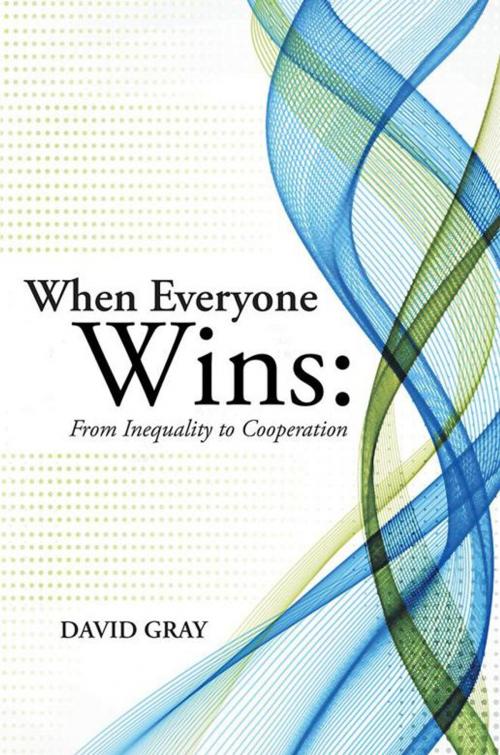When Everyone Wins: from Inequality to Cooperation
Business & Finance, Economics, Economic Conditions| Author: | David Gray | ISBN: | 9781480810624 |
| Publisher: | Archway Publishing | Publication: | September 10, 2014 |
| Imprint: | Archway Publishing | Language: | English |
| Author: | David Gray |
| ISBN: | 9781480810624 |
| Publisher: | Archway Publishing |
| Publication: | September 10, 2014 |
| Imprint: | Archway Publishing |
| Language: | English |
We often focus on winning at the expense of others, which can create problems in and outside of the workplace.
David Gray, a longtime professor of psychology, makes the case that everything runs much smoother when everyone is a winner.
That goal can be achieved when people cooperate instead of competing. Taking an approach that relies heavily on the behavioral sciences, the author provides the tools you need to:
turn mutual threats into motivation,
transform conflict into creative productivity,
build structures that stimulate winning,
share power and profits with others.
By examining historical events and contemporary society, it is clear to see that when someone loses because the rules were unfair, he or she tends to either become apathetic, half-heartedly compliant, or out-rightly hostile. Substance abuse and domestic abuse are also common responses.
Opting for a more cooperative approach has helped democracies, religions, and companies boost the happiness and productivity of their respective constituents. You can do the same by applying the lessons in When Everyone Wins.
We often focus on winning at the expense of others, which can create problems in and outside of the workplace.
David Gray, a longtime professor of psychology, makes the case that everything runs much smoother when everyone is a winner.
That goal can be achieved when people cooperate instead of competing. Taking an approach that relies heavily on the behavioral sciences, the author provides the tools you need to:
turn mutual threats into motivation,
transform conflict into creative productivity,
build structures that stimulate winning,
share power and profits with others.
By examining historical events and contemporary society, it is clear to see that when someone loses because the rules were unfair, he or she tends to either become apathetic, half-heartedly compliant, or out-rightly hostile. Substance abuse and domestic abuse are also common responses.
Opting for a more cooperative approach has helped democracies, religions, and companies boost the happiness and productivity of their respective constituents. You can do the same by applying the lessons in When Everyone Wins.















